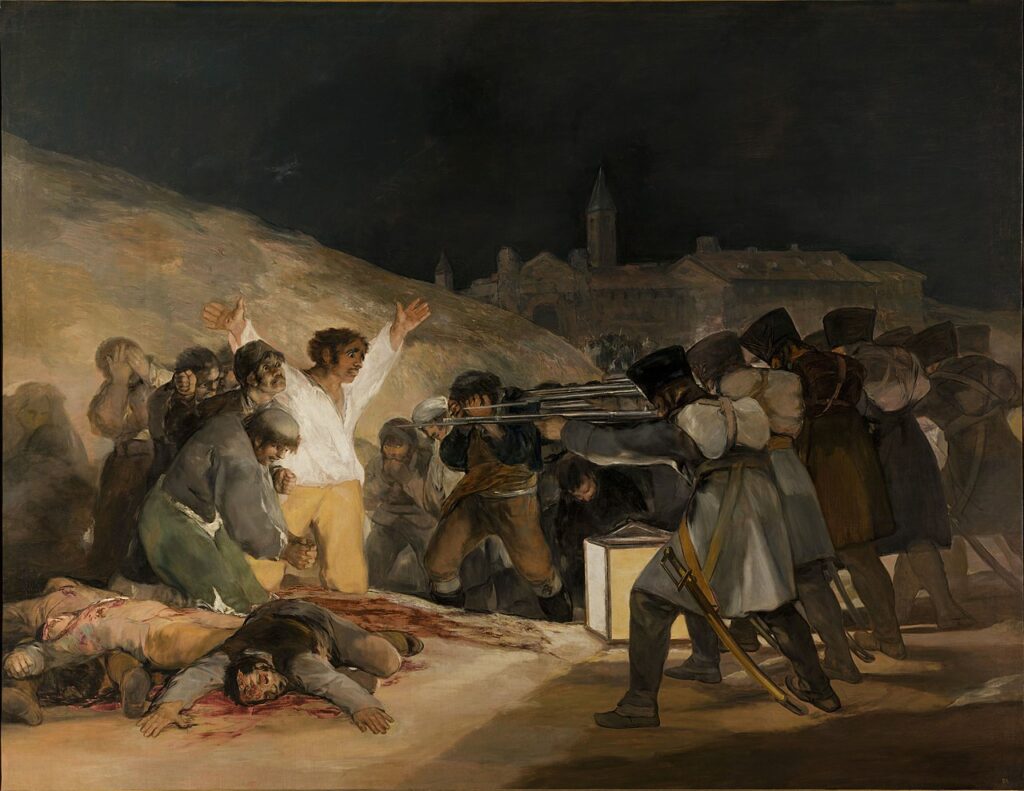Suppose you were travelling about Western Europe, say in the 1820s, and suppose you spoke, in France, to the avant-garde young men who were friends of Victor Hugo, Hugolâtres. Suppose you went to Germany and spoke there to the people who had once been visited by Madame de Staël, who had interpreted the German soul to the French. Suppose you had met the Schlegel brothers, who were great theorists of romanticism, or one or two of the friends of Goethe in Weimar, such as the fabulist and poet Tieck, or other persons connected with the romantic movement, and their followers in the universities, students, young men, painters, sculptors, who were deeply influenced by the work of these poets, these dramatists, these critics. Suppose you had spoken in England to someone who had been influenced by, say, Coleridge, or above all by Byron - anyone influenced by Byron, whether in England or France or Italy, or beyond the Rhine, or beyond the Elbe. Suppose you had spoken to these persons. You would have found that their ideal of life was approximately of the following kind. The values to which they attached the highest importance were such values as integrity, sincerity, readiness to sacrifice one's life to some inner light, dedication to some ideal for which it is worth sacrificing all that one is, for which it is worth both living and dying. You would have found that they were not primarily interested in knowledge, or in the advance of science, not interested in political power, not interested in happiness, not interested, above all, in adjustment to life, in finding your place in society, in living at peace with your government, even in loyalty to your king, or to your republic. You would have found that common sense, moderation, was very far from their thoughts. You would have found that they believed in the necessity of fighting for your beliefs to the last breath in your body, and you would have found that they believed in the value of martyrdom as such, no matter what the martyrdom was martyrdom for. Isaiah Berlin, The Roots of Romanticism, London 1999 pages 8-9
☙
Descendant of:
THE COURSE OF HUMAN LIFE: From the cradle to the grave RELIGIONTexts with this theme:
- Am Tage Aller Seelen / Litanei auf das Fest Aller Seelen, D 343 (Johann Georg Jacobi)
- Das Abendrot (Du heilig, glühend Abendrot!), D 627 (Aloys Wilhelm Schreiber)
- Die Bürgschaft, D 246 (Friedrich von Schiller)


